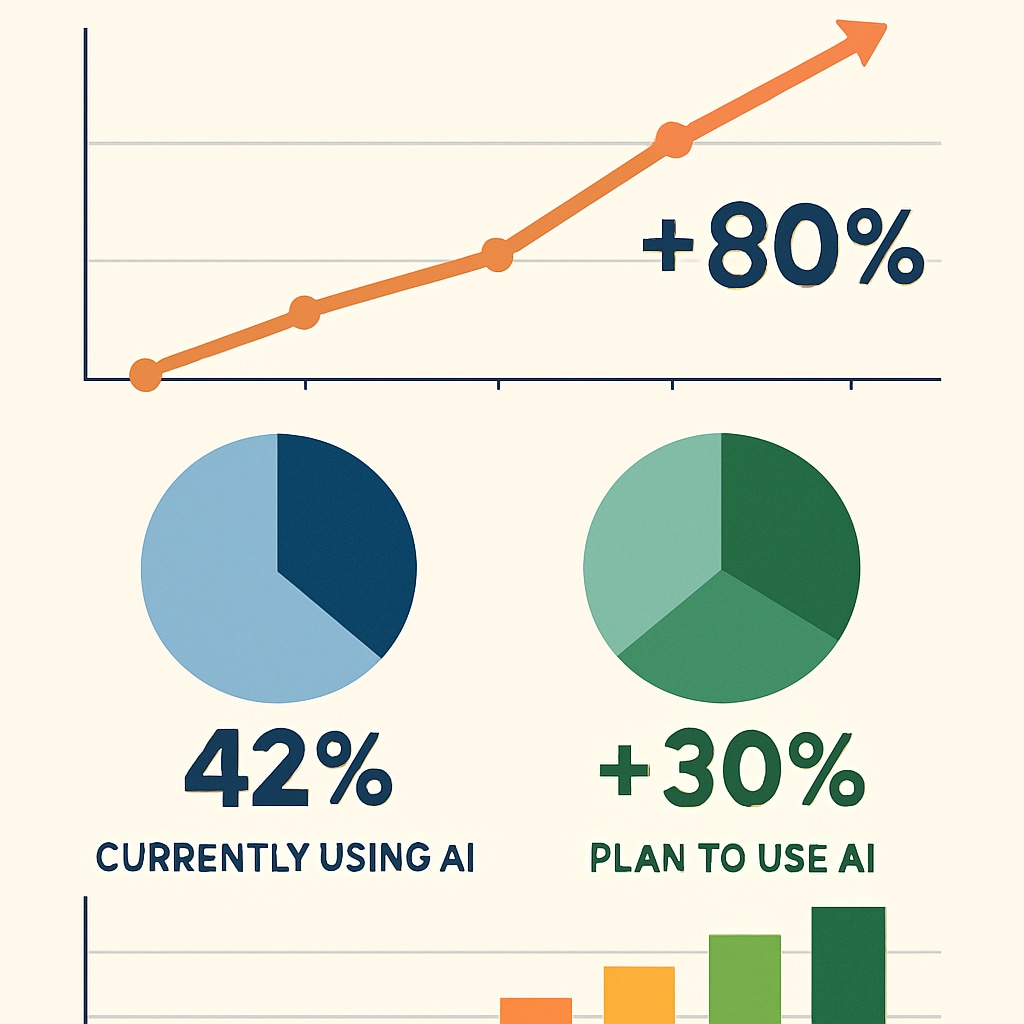The rise of AI education, tech company influence, and school policy has become a defining feature of modern K12 systems. Major corporations like Google, Microsoft, and Amazon are partnering with schools to deploy AI tools, often with minimal independent validation of their educational value. These initiatives promise personalized learning but raise critical questions about data privacy, equity, and pedagogical effectiveness.
The Silent Takeover: Tech Giants’ Education Playbook
Tech companies employ three core strategies to embed AI in classrooms:
- Free product offerings: Donating AI-powered tools to schools creates dependency while bypassing budget approval processes (Educational technology on Wikipedia).
- Teacher training programs: Professional development initiatives subtly promote company-specific ecosystems.
- Policy lobbying: Influencing education standards to favor technology-based solutions.

Unproven Promises of AI Learning Tools
While adaptive learning platforms claim to personalize education, research from the Britannica article on AI suggests their effectiveness varies significantly by subject and student population. Key concerns include:
- Over-reliance on automated assessments
- Reduced human interaction in learning
- Potential biases in algorithm-driven content
As a result, many educators advocate for balanced integration where AI supplements rather than replaces traditional teaching methods.

Navigating the New Educational Landscape
School districts must develop frameworks to evaluate AI tools critically. Essential steps include:
- Establishing independent review committees
- Requiring transparent data policies
- Providing alternative non-digital learning options
Therefore, while AI in education offers exciting possibilities, its implementation requires careful oversight to serve students’ best interests.


